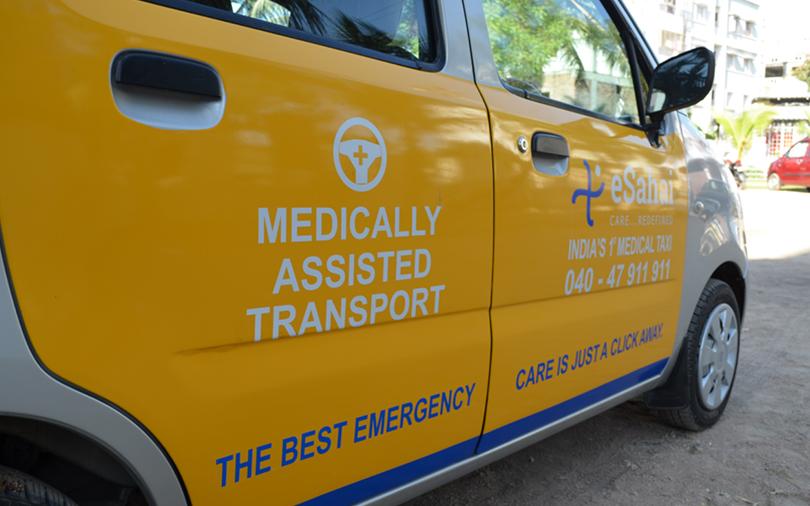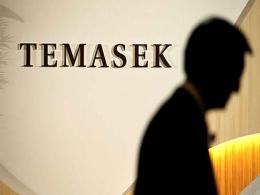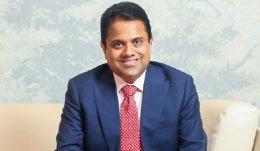Hyderabad-based ambulance aggregator and medical taxi provider eSahai.in has added $250,000 (Rs 1.6 crore) to its seed funding round, taking the total to $500,000.
The company, operated by MyInd Medtech Innovations Pvt. Ltd, will use the funds primarily to increase its medical taxi fleet and add more ambulances onto its platform in addition to spending on marketing and technology, founder and CEO Hari Bharadwaj told VCCircle.
The fresh funding came from Dr Ramesh Ayyala, professor of ophthalmology and director of glaucoma residency and fellowship programmes at Tulane University in the US, and Satya Muthyala, senior director of enterprise apps, sales and supply chain at US video game publisher Activision.
In its first tranche of seed fund, eSahai had raised $250,000 from a group of investors including Ayyala.
eSahai has three offerings—ambulance aggregation, medical taxi service and medical transportation management solution. It caters to both business-to-business (B2B) and business-to-consumer (B2C) segments. The B2C users can book the service on the mobile app, website or through telephone.
The company was founded by Bharadwaj and Satish G Agraharam, a Hyderabad-based ophthalmologist.
Bharadwaj previously worked with Amazon and Accenture. Launched in March, the company clocked about 500 trips in May and recorded about Rs 10 lakh in gross merchandise value. It has 138 ambulances on its platform, operates six medical taxis and has tied up with 35 hospitals.
Other startups in the ambulance aggregation sector include Mumbai-based Dial4242, Hyderabad’s Ambee and StanPlus, and Ratan Tata-backed MUrgency Inc.
“We wanted to make the process of patient transportation to and from hospital easier, transparent and convenient,” Bharadwaj said. “Our services improve the efficiency of the fleet available and provide patients with more access to ambulances.”
As an aggregator, eSahai brings together the corporate fleet of large hospital chains, mid-level hospital fleet and private ambulances onto a single platform where users can avail the services.
The medical taxi service is a transportation facility for people with mobility difficulties including the differently-abled, senior citizens, pregnant women, post-surgery patients and dialysis patients.
The taxis are modified and drivers are trained to handle the travel requirement of these people, Bharadwaj said.
While both the services are B2C oriented, the B2B opportunities offer promising growth prospects. eSahai works with hospital chains to lease out its vehicles for their transportation requirements. Hospitals bring the traffic and the company bills them on a monthly basis.
The company takes a commission of about 10-15% on its aggregation business. For medical taxis, it offers an assured revenue on an hourly basis to the vendors.
The medical transportation management is purely a B2B model where the company collaborates with hospitals and diagnostic centres to help them automate their transportation service, which is mostly a manual process now. Bharadwaj said the software solution can help hospitals save about 25-30% on their transportation costs.
Bharadwaj also said that the company is in the process of raising about $4-5 million in a pre-Series A round from venture capital funds.
The company is adding 10 more customised medical taxis to the fleet and launching the services in Visakhapatnam within two weeks. eSahai wants to expand the services to five-six cities, including Cochin, Pune, Chennai and Bangalore, by December and hit Rs 4 crore revenue by the end of this financial year. It also has plans of getting into the medical equipment segment in about a year’s time.
Separately, Bharadwaj is working on a public-private-community partnership, where he wants to bring the average time between customers’ request and ambulance reaching the location to less than nine minutes.
The average time in India is about 25 minutes, more than three times the global average, he said.







